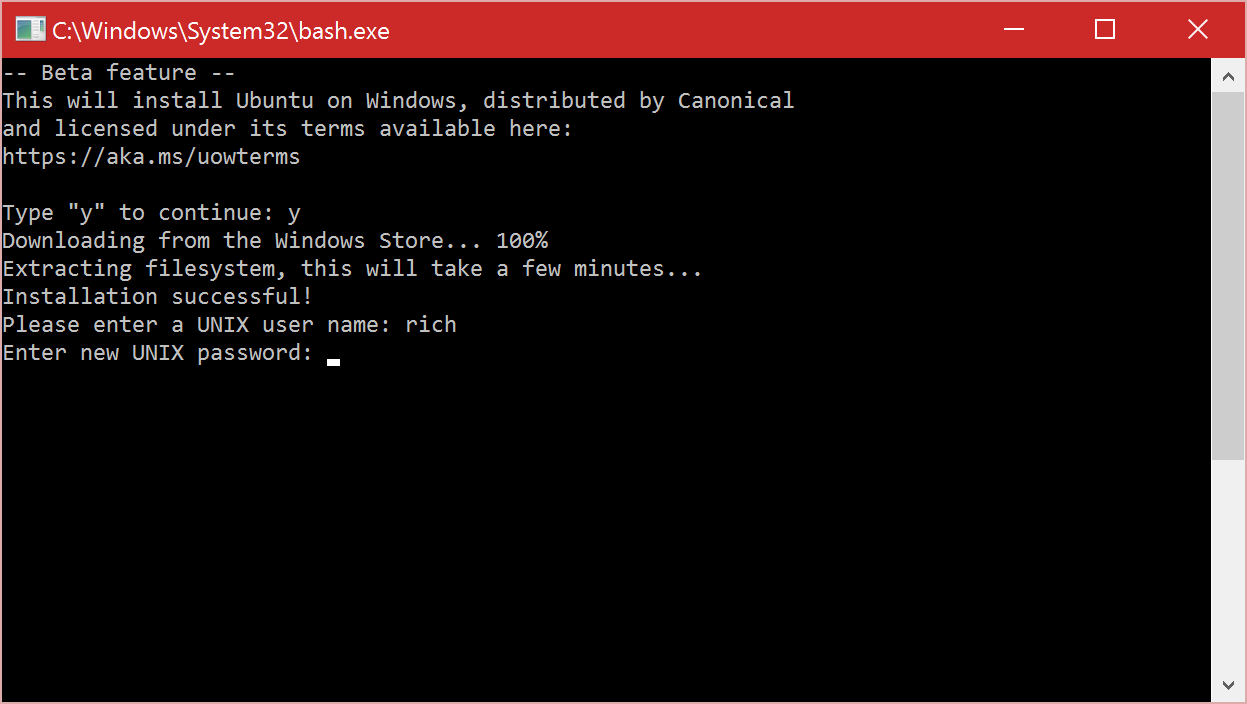Welcome to a collection of sample Java certification questions, designed to test your knowledge and skills in Java programming. Whether you are preparing for a certification exam or simply looking to assess your understanding of Java concepts, these questions will help you sharpen your expertise and uncover areas for improvement. Get ready to dive into the world of Java and challenge yourself with these thought-provoking questions.
Key Concepts and Difficulty of Java Certification Exam Questions

The Java certification exam questions cover key concepts such as object-oriented programming, inheritance, encapsulation, polymorphism, and exception handling. These concepts are essential for understanding and developing Java programs.
One important concept is the constructor, which is used to create objects in Java. It is a special method that is called when an object is created and is used to initialize the object’s state. Another important concept is function overloading, which allows multiple methods with the same name but different parameters to exist in a class. This enables developers to provide different ways of using a method based on the input parameters.
Inheritance is another key concept in object-oriented programming, where a class can inherit properties and methods from another class. This allows for code reuse and promotes modular and extensible designs. Encapsulation is the practice of hiding internal details of a class and providing access to its behavior through methods. It helps in creating secure and maintainable code.
Exception handling is crucial for writing robust and reliable Java programs. It allows developers to handle and recover from unexpected errors or exceptional conditions that may occur during program execution.
Understanding data types, variables, and control flow is fundamental in Java programming. Java supports various data types such as integers, floating-point numbers, characters, and booleans. Variables are used to store and manipulate data, while control flow statements like if-else, for loop, and switch determine the execution path of a program.
Java also offers features like string manipulation, null pointers, and anonymous functions, which are important to grasp for Java certification. Additionally, knowledge of Java packages, reserved words, and the Java Platform, Standard Edition is crucial for becoming a certified Java programmer.
Different Levels of Oracle Java Programmer Certification
| Level | Exam Code | Description |
|---|---|---|
| OCA: Oracle Certified Associate | 1Z0-808 | Entry-level certification that tests foundational knowledge of Java and object-oriented programming concepts. |
| OCP: Oracle Certified Professional | 1Z0-809 | Intermediate-level certification that validates the skills required to develop and maintain Java applications. |
| OCE: Oracle Certified Expert | 1Z0-855 | Expert-level certification for individuals with advanced knowledge and skills in specific Java technologies. |
| OCM: Oracle Certified Master | 1Z0-868 | Highest-level certification that demonstrates the ability to work at a professional level on complex Java projects. |
Upgrading Certification to Java SE 11 and Common Questions
Upgrading your certification to Java SE 11 is a valuable step in advancing your Java programming skills. In this section, we will address some common questions that may arise during the certification process.
One common question is why it is important to upgrade your certification. Upgrading your certification not only demonstrates your commitment to staying current with the latest advancements in Java, but it also enhances your skills and knowledge in areas such as constructor, function overloading, inheritance, type conversion, encapsulation, and polymorphism.
Another frequently asked question is how to prepare for the upgrade exam. It is recommended to review the Java SE 11 documentation and familiarize yourself with the new features and changes introduced in this version. Additionally, practice mock exams and sample Java certification questions can help you assess your knowledge and identify areas that need further improvement.
A related question is whether the upgrade exam covers the entire Java SE 11 platform. The upgrade exam focuses on the new features and changes introduced in Java SE 11, so it is important to have a solid understanding of these topics. However, it is also beneficial to have a good grasp of the fundamental concepts and features of Java, as they form the foundation of the language.
Some candidates may wonder if upgrading their certification will make them more marketable in the job market. Upgrading your certification can indeed enhance your marketability as it demonstrates your commitment to continuous learning and staying updated with the latest technologies. Employers often value certified professionals who can bring their expertise in Java SE 11 to their projects and teams.
Lastly, it is important to note that upgrading your certification is not just a one-time event. As technology continues to evolve, it is crucial to stay current with the latest advancements in Java. This can be achieved by regularly updating your skills and knowledge through continuous learning and professional development opportunities.
Secure Coding and Exception Handling in Java SE Application
Secure coding and exception handling are crucial aspects of developing Java SE applications. By ensuring that your code is secure and properly handles exceptions, you can create robust and reliable applications.
When it comes to secure coding, it is essential to follow best practices to prevent security vulnerabilities in your application. This includes validating and sanitizing user inputs, using secure coding techniques to prevent common attacks such as SQL injection and cross-site scripting, and properly handling sensitive data.
Exception handling is another critical aspect of Java SE application development. Exceptions are errors that occur during the execution of a program, and handling them properly can improve the reliability and maintainability of your code. This involves using try-catch blocks to catch and handle exceptions, and using appropriate exception handling techniques such as logging or displaying error messages to users.
By understanding and implementing secure coding and exception handling practices, you can create applications that are more secure, reliable, and easier to maintain. Keeping these concepts in mind when developing Java SE applications will help you to produce high-quality code and avoid common pitfalls.
Remember, secure coding and exception handling are just a few of the many important topics covered in Java certification exams. It is essential to have a comprehensive understanding of Java and its various concepts, such as object-oriented programming, data types, and control structures, to pass these exams successfully.
If you’re considering pursuing a Java certification, it is recommended to undergo proper training to enhance your skills and knowledge. Linux training can provide you with the necessary expertise to excel in Java development and increase your chances of passing the certification exams.
By acquiring the skills and knowledge needed for Java development through training, you can become a sought-after professional in the industry. With the demand for Java developers constantly increasing, having a Java certification can open up numerous career opportunities and help you stand out from the competition.
So, if you’re looking to advance your career in Java development, consider enrolling in Linux training and start your journey towards becoming a certified Java professional.
Working with Arrays, Collections, and Streams in Java
Working with arrays, collections, and streams is a crucial aspect of Java programming. Arrays are used to store multiple elements of the same data type, while collections provide dynamic storage for objects. Streams, on the other hand, allow for efficient processing of large data sets.
In Java, arrays are declared using square brackets and can hold elements of any data type. Collections, such as ArrayList and LinkedList, provide more flexibility in terms of adding, removing, and accessing elements. Streams, introduced in Java 8, enable functional-style operations on collections and arrays.
When working with arrays, it’s important to understand how to declare and initialize them, access elements using indexes, and loop through them using for or enhanced for loops. Collections provide additional methods for adding, removing, and searching elements.
Streams offer powerful operations such as filtering, mapping, and reducing, which can greatly simplify data processing tasks. They allow for a more declarative and concise way of working with collections and arrays.
Understanding the concepts of type conversion, encapsulation, and scope is essential when working with arrays, collections, and streams. Type conversion involves converting values from one data type to another, while encapsulation ensures that data is hidden and accessed through methods. Scope refers to the visibility and lifetime of variables.
In addition to these concepts, it’s important to be familiar with other Java features such as inheritance, polymorphism, and the use of primitive wrapper classes. Inheritance allows for the creation of subclasses that inherit properties and methods from a superclass. Polymorphism enables objects of different classes to be used interchangeably. Primitive wrapper classes provide a way to use primitive data types as objects.
By mastering the concepts and techniques of working with arrays, collections, and streams in Java, you will have a solid foundation for building efficient and scalable applications. This knowledge will also be valuable when preparing for Java certification exams, such as those offered by Oracle Corporation or Pearson plc.
Localization and Annotations in Java Programming

Localization and annotations are important concepts in Java programming. Localization refers to adapting a program to different languages and cultures, while annotations provide metadata about code elements.
In Java, localization is achieved through the use of resource bundles, which contain translated strings for different languages. These bundles can be easily accessed and used in a program to display messages and labels in the user’s preferred language.
Annotations, on the other hand, are used to add metadata to code elements, such as classes, methods, and variables. They provide additional information that can be used by tools and frameworks to generate code, enforce constraints, or perform other tasks.
For example, the @Override annotation is used to indicate that a method is intended to override a method in its superclass. This helps catch errors at compile time if the method signature is incorrect.
Another useful annotation is @Deprecated, which marks a code element as being obsolete or no longer recommended for use. This alerts developers to avoid using the deprecated element and to find an alternative.
Annotations can also be used to configure frameworks and libraries. For instance, the @Autowired annotation in the Spring framework is used to inject dependencies automatically, reducing the need for manual configuration.






















